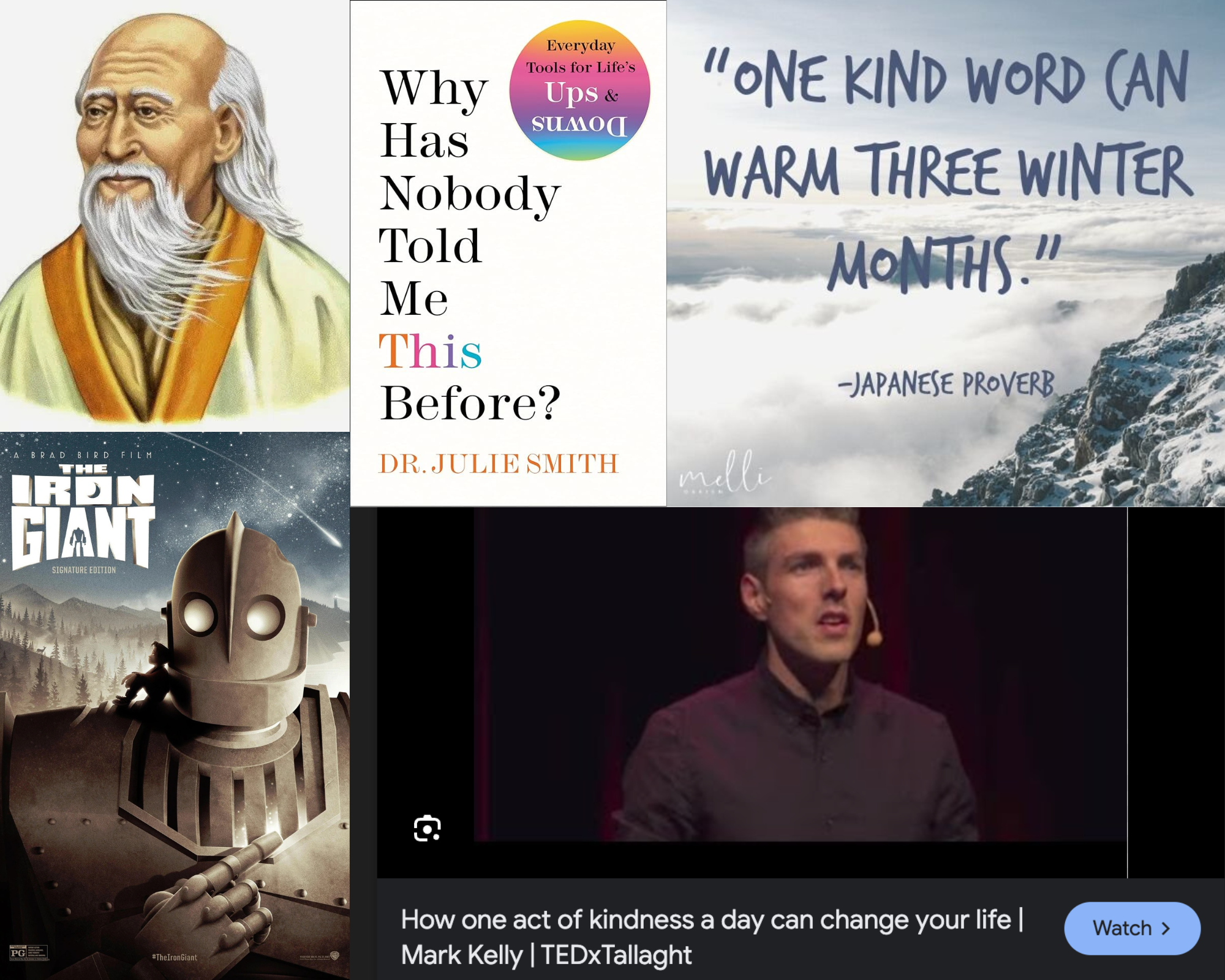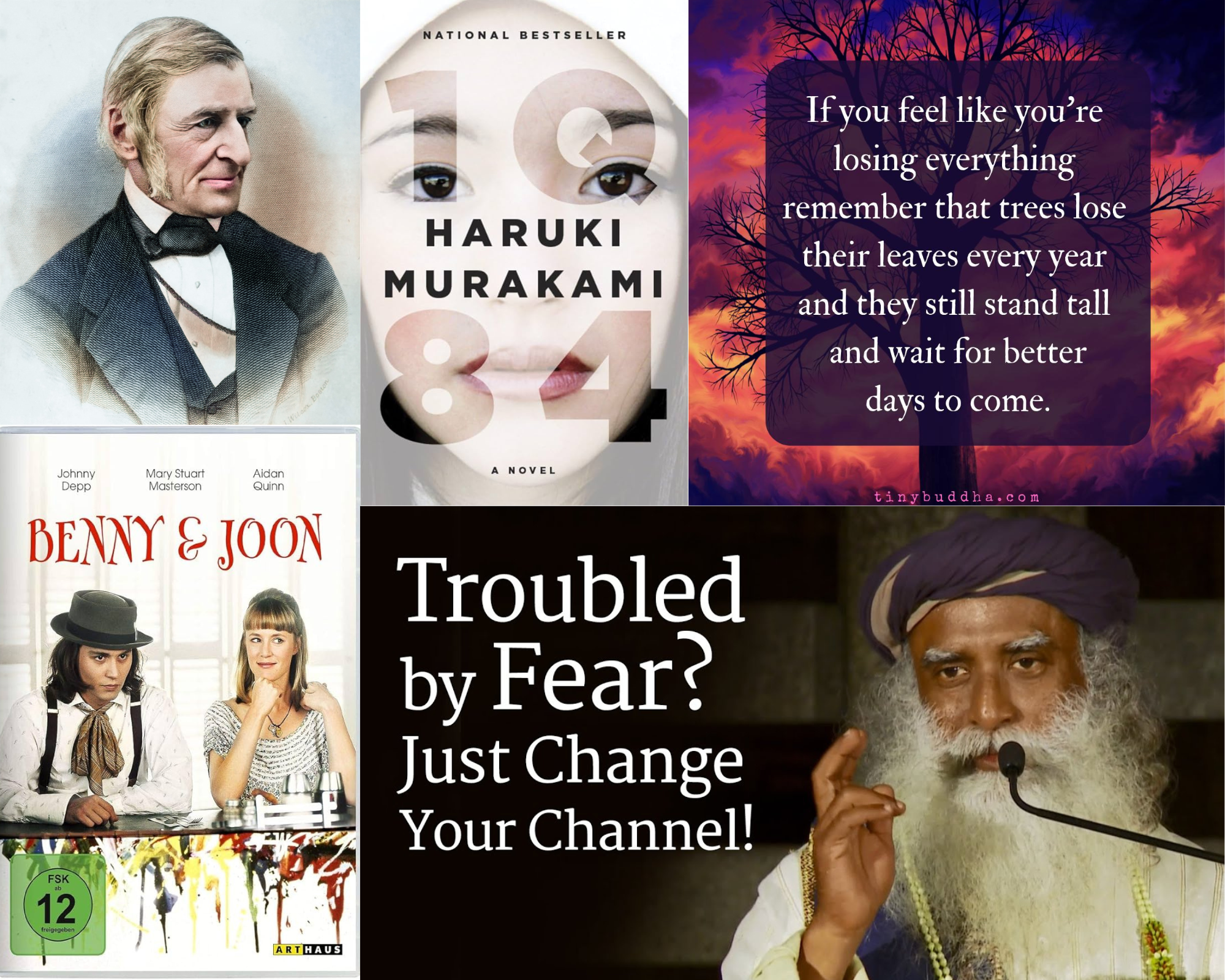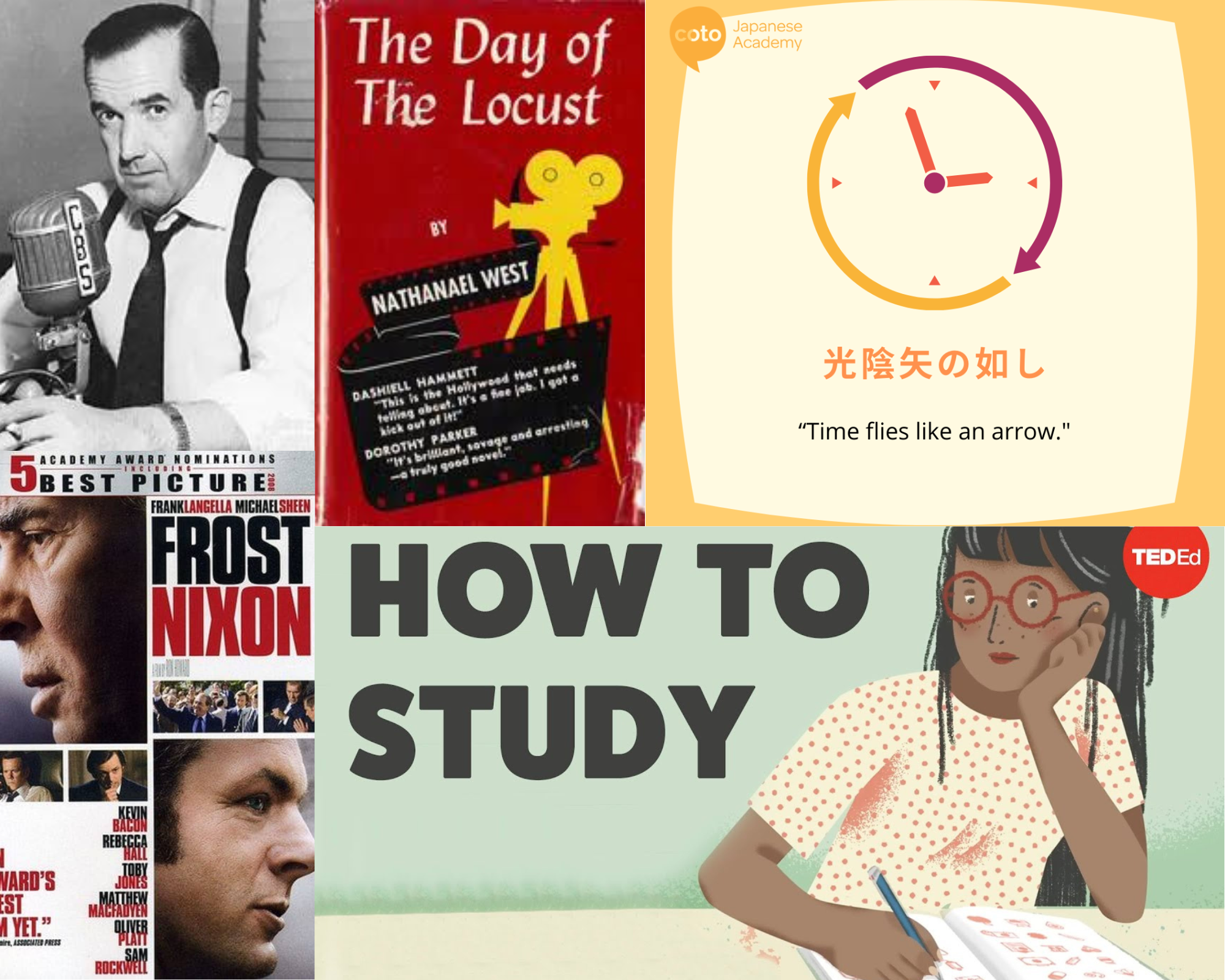Sunday Supplement #187 (December 8th, 2024)
Below is another Sunday Supplement with a quote worth sharing, a book worth reading, a movie worth watching, brainfood worth consuming, and a spiritual passage worth pondering.
Please take something away from these recommendations that enriches your week ahead!
Quote of the Week:
“One of the most sincere forms of respect is actually listening to what another has to say.”
– Bryant H. McGill
Book of the Week:
Nobody Wants to Read Your Sh*t – Steven Pressfield
I featured Steven Pressfield’s The War of Art in Sunday Supplement #37. Pressfield is most famous for his novels The Legend of Bagger Vance and Gates of Fire. His life story includes bouncing around jobs, like advertising, tractor-trailer driver, and fruit picker, amidst bouts of homelessness.
Nobody Wants to Read Your Sh*t is primarily aimed toward writers, but I found it to be an excellent guide for connecting with others.
In chapter four, Pressfield states, “When you understand that nobody wants to read your shit, you develop empathy.” He explains how putting yourself in your reader’s shoes allows you to develop this empathy skill.
The book is short and easy to read. The chapters exemplify the message they impart. Whether you’re a writer or not, Nobody Wants to Read Your Sh*t is an excellent book on how to move past your ego.
Movie of the Week:
The 1975 Academy Awards featured many classic films, including Chinatown, Murder on the Orient Express, Lenny, and The Godfather Part II.
Francis Ford Coppola won Best Picture, Best Director, and Best Writing for The Godfather Part II. However, he was also nominated in each of these categories (Original Screenplay for Writing) for his film The Conversation.
The Conversation follows a paranoid surveillance expert as he experiences a crisis of conscience after he suspects the couple he is spying on will be murdered.
Gene Hackman performs brilliantly in the leading role of the surveillance expert, along with a notable supporting role performance from John Cazale.
The Conversation can be overlooked in Cinema history, but it is worth watching for film buffs or moviegoers who enjoy a slow-burn story.
Brainfood of the Week:
How to Negotiate (or, “The Art of Dealmaking”) | Tim Ferriss
Tim Ferriss is a bestselling author, entrepreneur, top-rated podcaster, and lifestyle blogger. I’ve featured his books, interviews, and quotes in previous Sunday Supplements.
This video is a seven-minute breakdown of Tim’s principles of negotiation. He starts the video by expressing how you have to persuade others in some capacity throughout life.
While listening to others is important, you shouldn’t have to belittle yourself to make someone else feel understood or accepted.
Tim shares many valuable tips in this video and recommends further reading for those interested in the art of negotiation.
Closing Spiritual Passage:
“The mouth is the origin of disasters.” (口は災いの元)
– Japanese Proverb
This Japanese proverb is a fairly straightforward reminder that you should be mindful of what you say because your words might have unintended consequences.
I’m also reminded of how it can be easy to interrupt someone when you have something you want to say rather than actively engaging in listening to what the other person has to say.
What I take away from this proverb is not to rush when conversing with someone. Take time to listen and understand what the other person is saying.
Create space to listen to yourself and others, and have a blessed week ahead!




